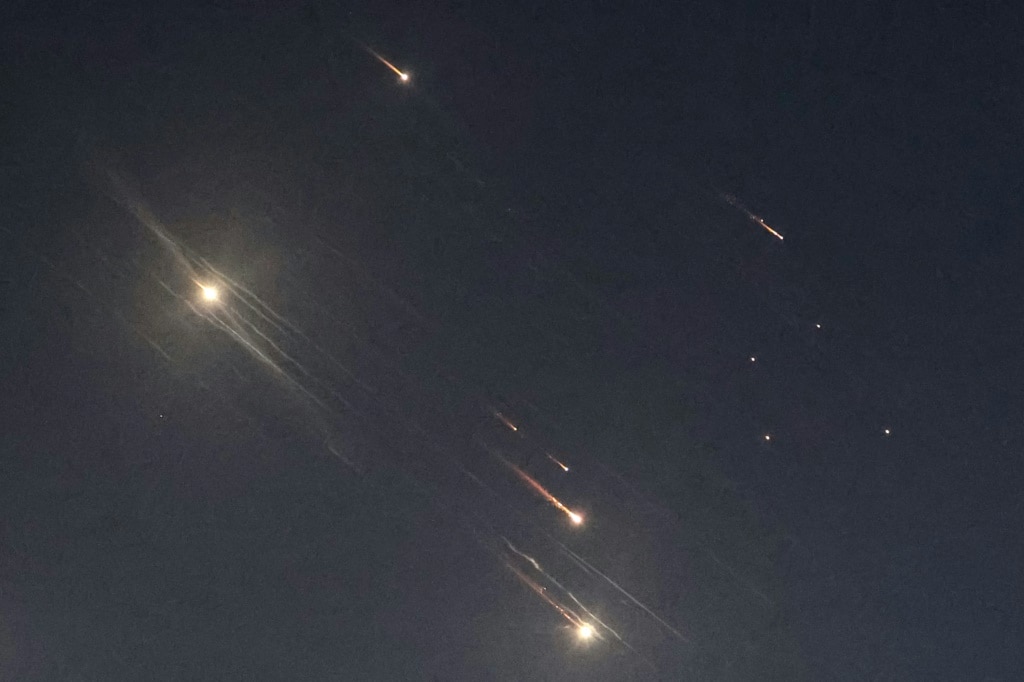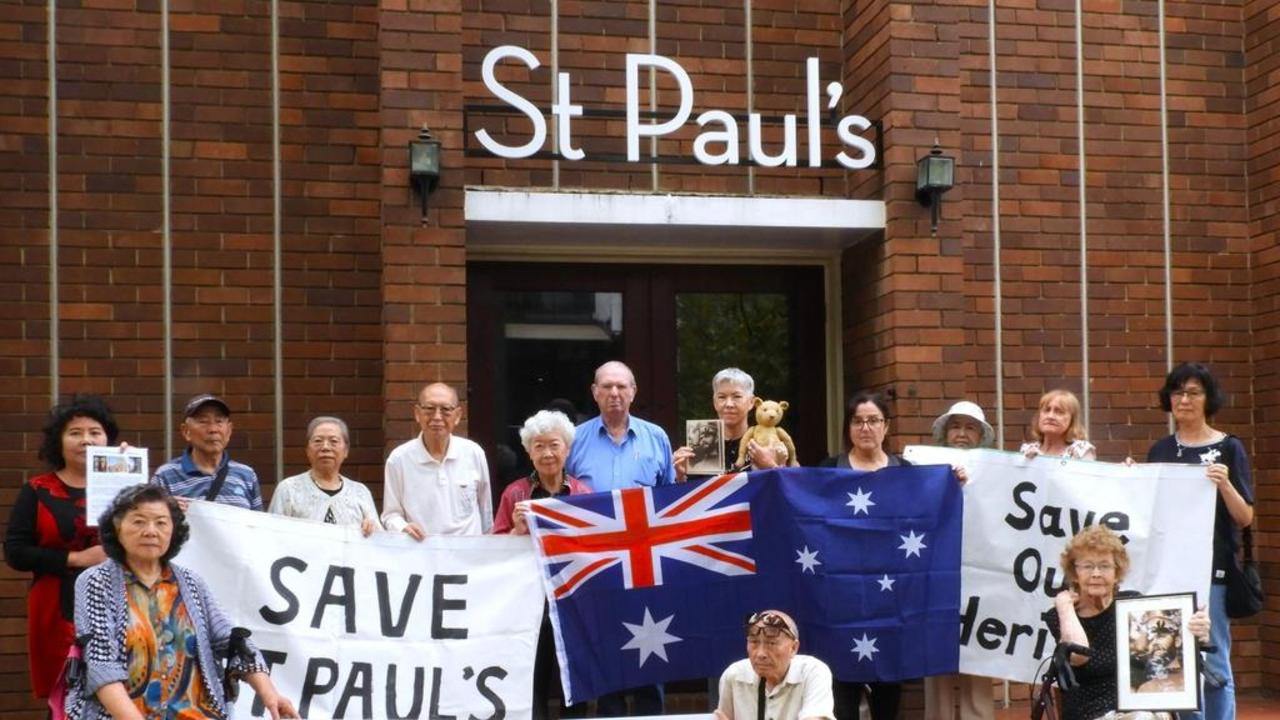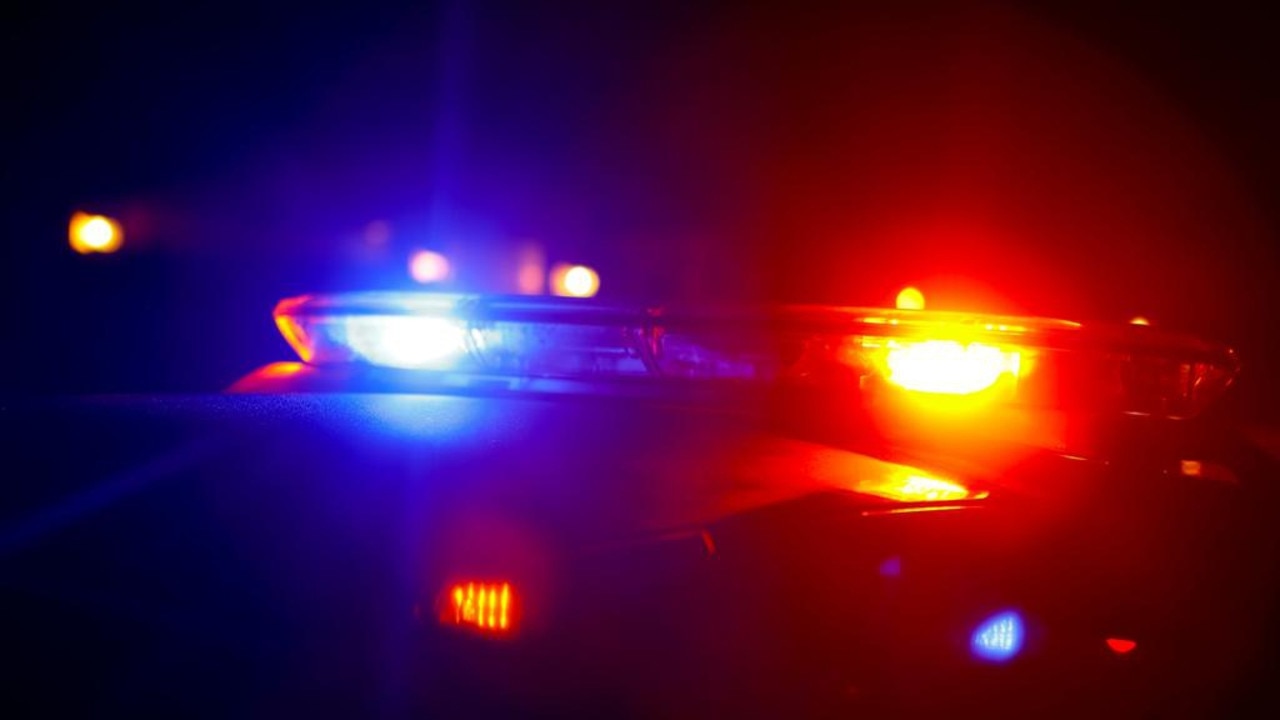Sydney families waiting in fear as loved ones in Lebanon bombed
Sydney residents have described the terror of waiting for news, and wondering if their innocent loved ones are still alive, as Israel begins its ground invasion of Lebanon following recent bombings.
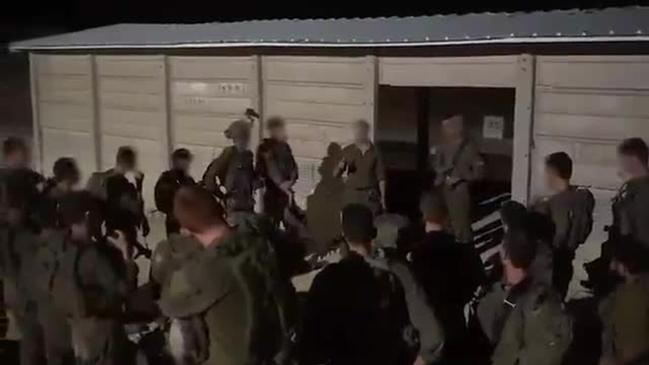
The Express
Don't miss out on the headlines from The Express. Followed categories will be added to My News.
“Which building is going to drop? Which family member is going to be killed next?”
These are the thoughts consuming southwest Sydney man Mohammad Hamoud, who has been described by a close friend as resembling a “zombie” as he watches from afar for news from his relatives in Lebanon.
He is far from alone, with tens of thousands of Lebanese-Australians waiting, terrified, for calls informing them their innocent loved ones have been killed as Israel, targeting members of the Hezbollah terror group, begins its ground invasion of southern Lebanon.
Recent Israeli bombing attacks on southern Lebanon and Beirut have killed more than 1000 people, including women and children, and have injured more than 6000.
According to Lebanon’s Prime Minister, Najib Mikati, the strikes have also forced about one million people to flee their homes in the “largest displacement movement” the country has ever seen.
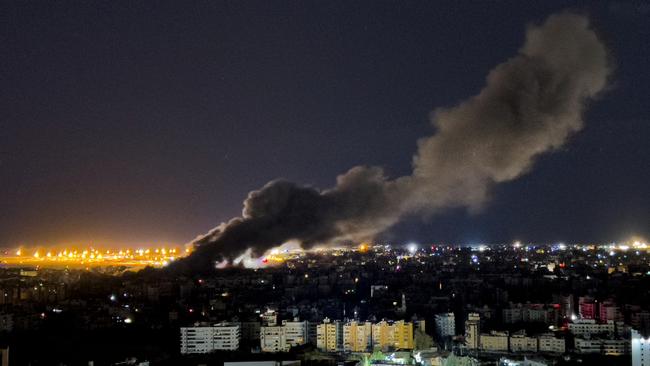
Within two weeks, Lebanese-Australians have watched thousands of rigged pagers and walkie-talkies explode and near-constant bombing attacks on villages across Lebanon’s south.
The bombings mark the deadliest attack on Lebanon since the 2006 war between Israel and Hezbollah.
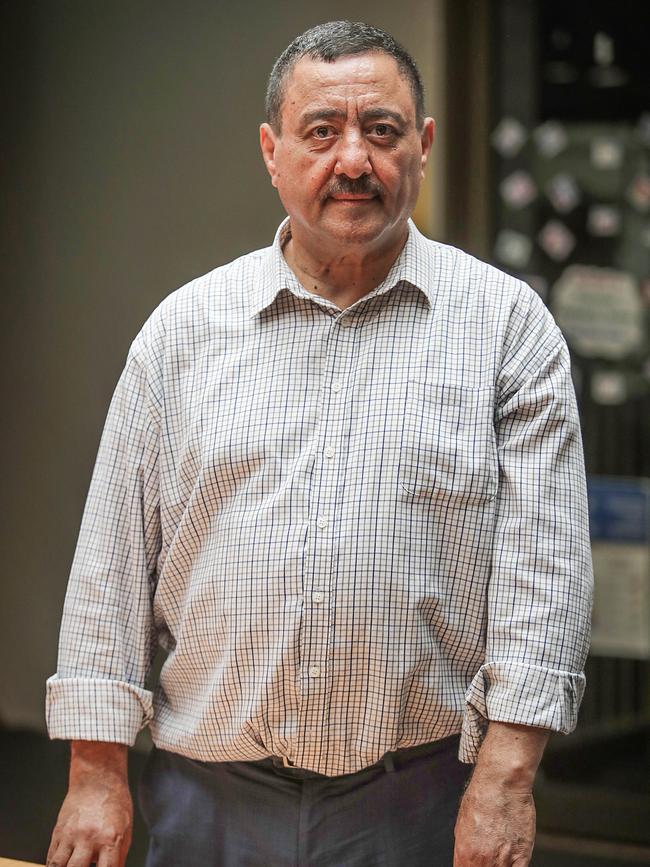
Canterbury-Bankstown councillor Khodr “Karl” Saleh said every day, Lebanese-Australians were waking up to images of dead babies, women and men – many of whom are relatives.
“If I go through the suburbs, across from Belmore, Lakemba, Wiley Park and where I live in Punchbowl, through to Bankstown – pretty much everybody knows somebody who has lost someone in Lebanon or Palestine,” Mr Saleh said.
“(I’ve) never seen so many images of dead babies. Often, the images they’re seeing turn out to be a people they know.”
In Sydney, Canterbury-Bankstown is home to 50,000 Lebanese-Australians.
Mr Saleh, who became the first Lebanese-Australian elected to the council in 2004, said local mosques and churches were holding commemorative services every day for relatives killed during the strikes.
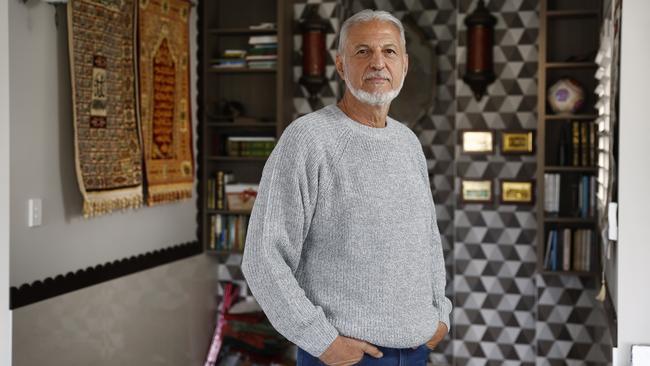
But for almost two weeks, Condell Park resident Hussan Chahoud has been unable to contact his aunt and uncle in Lebanon’s north amid rising fears overseas that mobile phones could also be tampered with.
“I can’t imagine what they must be going through,” the 58-year-old said.
“When I first tried ringing them, I said ‘oh God, I hope they have their phones’.
“And if they do have their phones, I hope they’re not thinking ‘hang on, I bought this recently, this might be tampered with’.”
Mr Chahoud said it was a fear that had spread among people in Lebanon since thousands of pagers and walkie-talkies were rigged to explode.
The Condell Park man, who migrated to Australia after his sister was killed during the civil war in 1976, said he had never seen violence of this calibre before.
“I have a friend here, he’s a bit older than me he said to me recently ‘Hussan, you and your family are the lucky ones. You got out’. And now I know what he was talking about,” Mr Chahoud said.
“Because the people in Lebanon, they’re in hell. And the (destruction) is beyond horrifying.
“Every day, I sit down and I watch the news. I’m watching the news almost 24 hours a day and I don’t watch anything else.
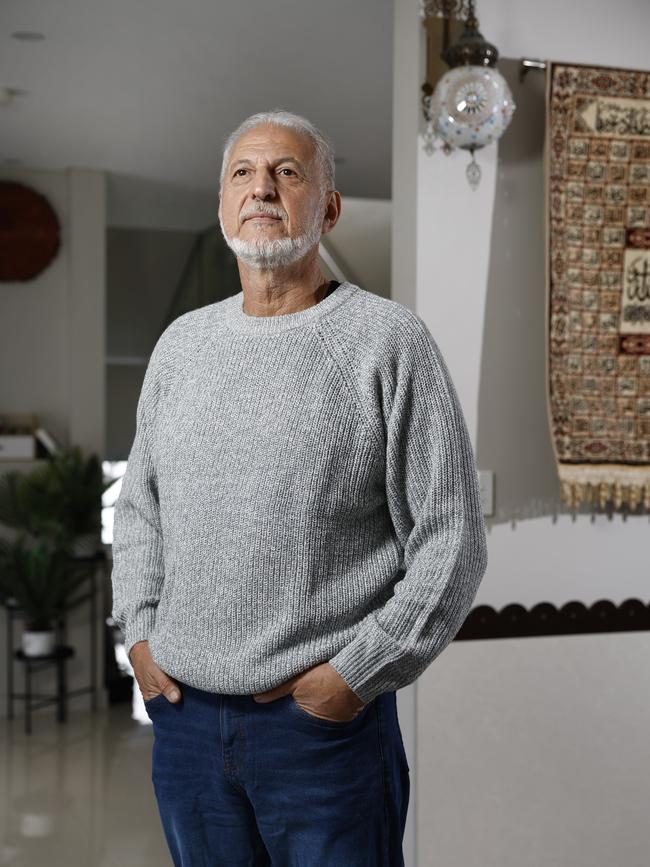
“I walk with my Selena, my granddaughter. She’s the most gorgeous thing in the world, and I think, ‘how am I allowed to walk with my grandchild, yet someone in Gaza is not?’
“And now someone in south Lebanon can’t because they’re being bombed to smithereens. That little boy, that little girl in Gaza and Lebanon can’t live, They can’t be children.”
However, Mr Chahoud said Australia’s Lebanese Shia community was feeling the brunt of the devastation, with the majority of southern Lebanon populated by Shia Muslims.
“I have a very close friend, Mohammad Hamoud. We went through rugby league together, our children played in Bankstown Rugby League together and I talk to him pretty much every day,” he said.
“But now he looks like a zombie. When I talk to him, he doesn’t want to eat, he doesn’t sleep, his work has been affected.”
Mr Hamoud, of Punchbowl, said the night southern Lebanon was first bombed, his wife screamed.
“My wife’s family live in southern Lebanon, my mother’s side and my entire dad’s side live there,” Mr Hamoud said.
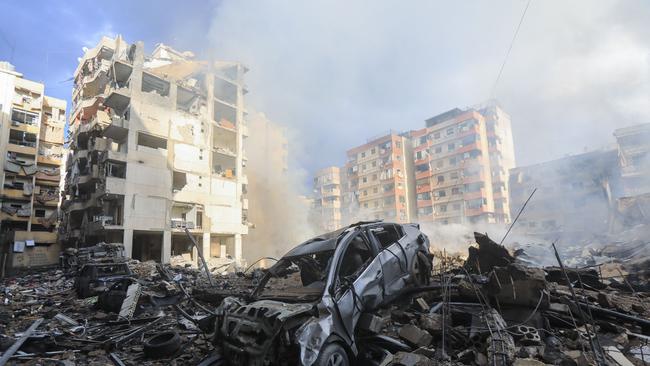
“The bombings were right near (my family’s) house. Luckily they managed to survive, but there were kids and men and women who were killed that day.”
Members of Mr Hamoud’s family were among one million people who fled towards Lebanon’s capital city, Beirut.
“Every day, we’re seeing houses getting demolished, children crying. We get sent photos, gruesome photos, of kids,” he said.
“It’s all you can think about – what’s going to happen next?”
Mr Hamoud, who has six children, said even his kids were being affected by the attacks.
“My younger ones will come home from school and usually we talk about their day, what did you learn, I’ll give them a kiss,” he said.
“Now they come home and they ask us ‘how is everyone? Are they still alive?’ Imagine a kid asking that question.”
Last Tuesday, the Lebanese Muslim Association issued a statement condemning “Israel’s relentless bombing campaign” in Lebanon and Palestine, and calling for the immediate evacuation of Australians stuck in the war zone.
“The LMA decries these violent and illegal actions, which have caused widespread death, displacement and destruction in both Lebanon and Palestine,” the statement reads.
“The continuous airstrikes have resulted in the loss of countless innocent lives, leaving communities devastated and families torn apart.”
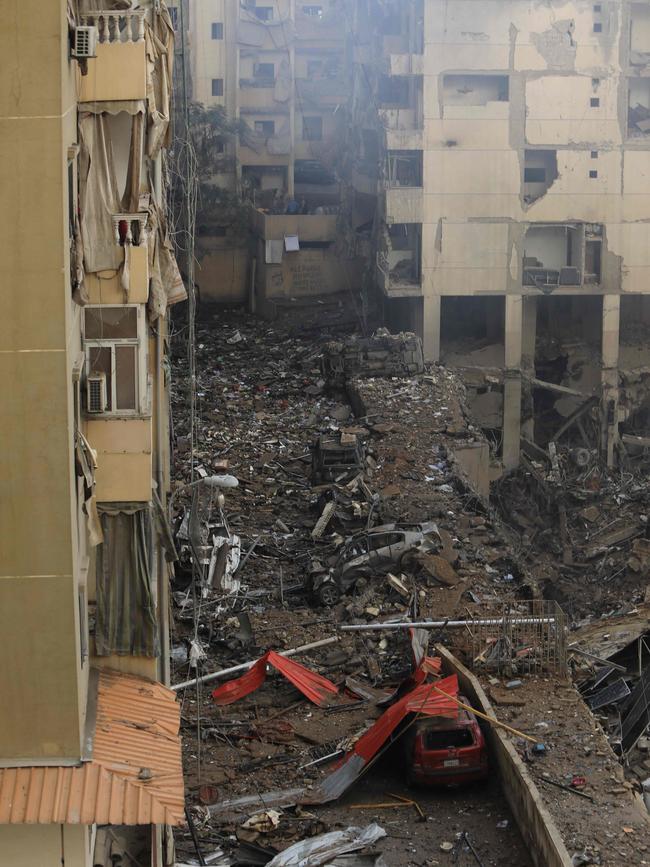
The association’s secretary, Gamel Kheir, also warned Australia against applauding the tactical tampering with of pagers and walkie-talkies.
“It’s a very dangerous precedent to set,” Mr Kheir said.
“Because if we condone one government when it decides that it has this arbitrary power to take out people that it doesn’t like, what does that say to the rest of the world?
“Isn’t there a court system? Isn’t there an obligation to minimise damage, especially in residential areas? God forbid these pagers were on a plane, or a bus or a train.”
Canterbury-Bankstown Mayor Bilal El-Hayek last week also took to social media to demand a ceasefire and paid tribute an eight-year-old girl called Yasmina, who was killed during the bomb strikes.
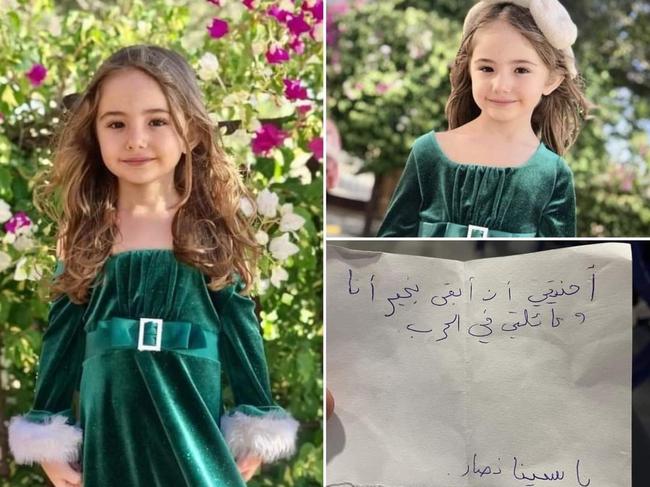
“Little Yasmina is an innocent victim killed during bombing raids in Lebanon overnight,” Mr El-Hayek said on Facebook.
“She recently wrote this chilling message: ‘My wish is to stay safe with my family during the war.’
“There are more than 50,000 Lebanese residents in our city, and our thoughts and prayers are with them during this dreadful time. May Yasmina and all the innocent victims rest in peace.”
Speaking to this masthead, Mr El-Hayek said the situation in Lebanon was heartbreaking and being felt throughout the community.
“Innocent women and children have been killed and buildings levelled and there appears to be no sign of a lasting ceasefire,” Mr El-Hayek said.
“The community is shocked by the events of recent days and are concerned for family and loved ones living in the region.
“I stand with the Australian Lebanese community in calling for an immediate ceasefire and I hope and pray that peace prevails.”

